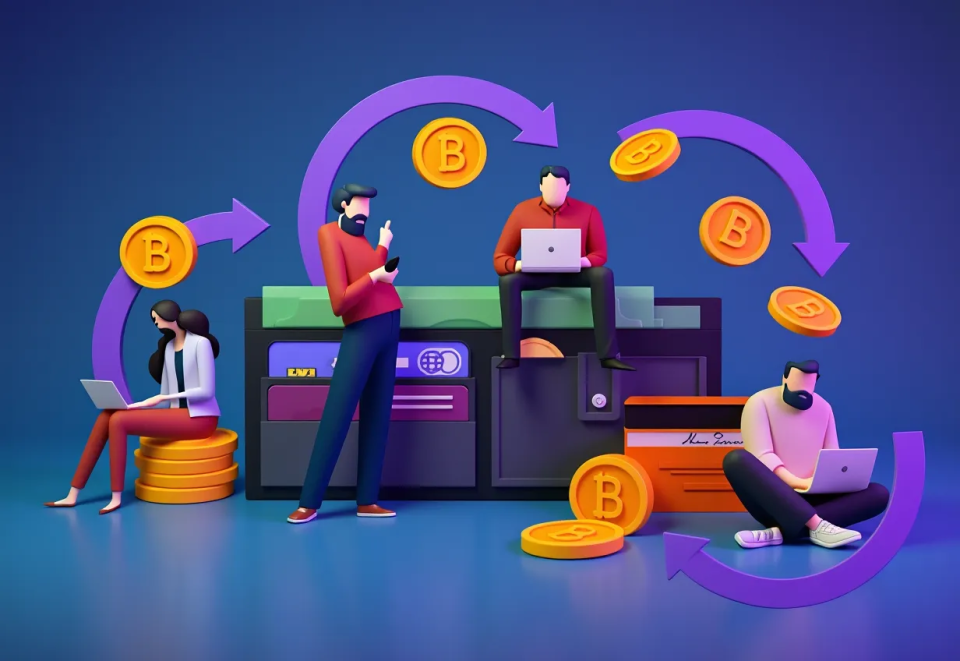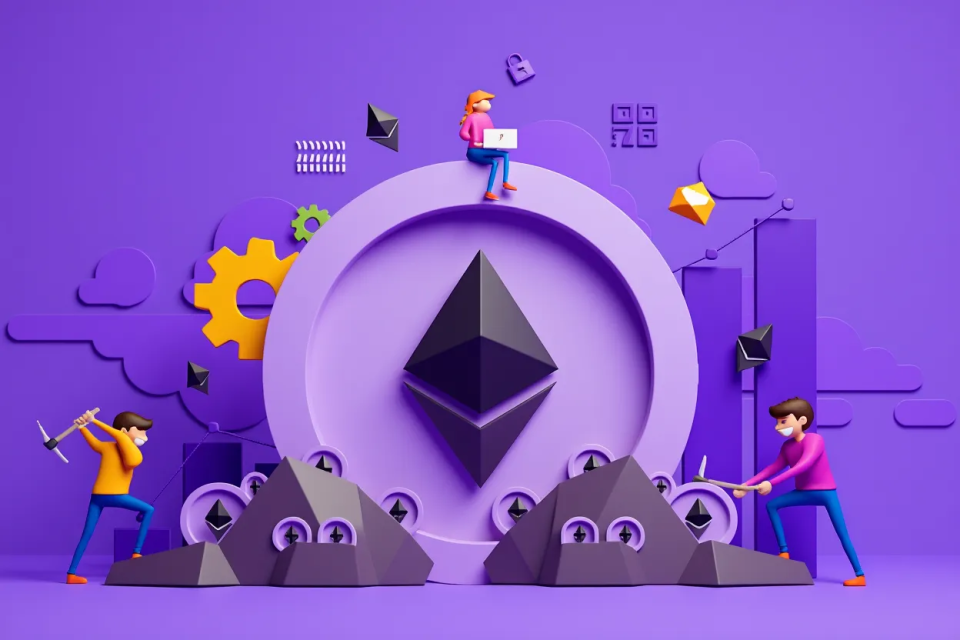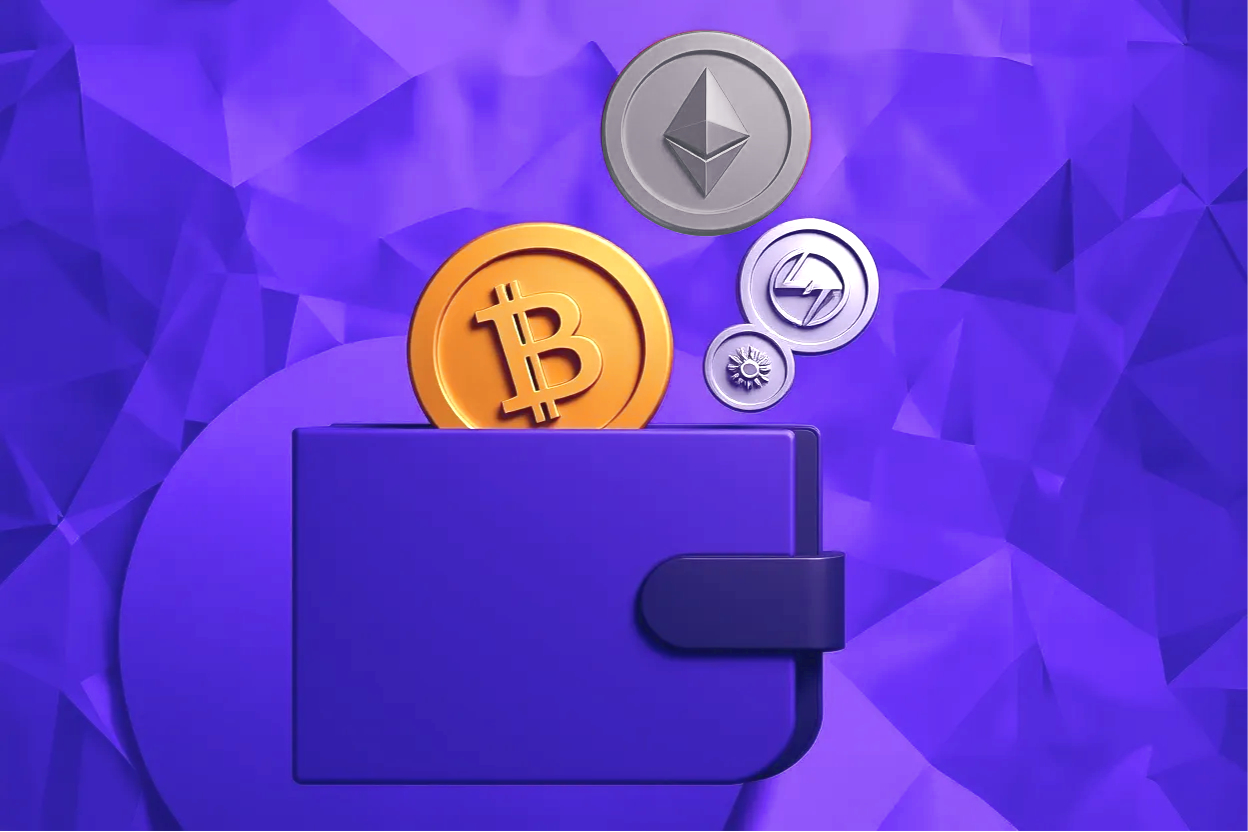
What is Bitcoin and how does it work?

Bitcoin is a decentralized digital currency that allows peer-to-peer transactions without the need for a central authority or intermediary. It was created in 2008 by an unknown individual or group of individuals under the pseudonym Satoshi Nakamoto and introduced as open source software in 2009.
These are some of the main features of Bitcoin:
- Decentralization: Unlike traditional currencies, controlled by governments or financial institutions, Bitcoin operates on a decentralized network of computers (modes) that collectively validate and record transactions in a public ledger called blockchain. This decentralized nature makes it resistant to censorship and manipulation. There is no central authority that controls Bitcoin, but rather it relies on this network of nodes.
- Blockchain Technology: Bitcoin transactions are recorded in a public ledger called blockchain, which is a chain of blocks that contains a time-stamped list of transactions. The blockchain is a distributed database maintained by a network of computers (nodes) around the world, and each participant has a copy of the entire blockchain, ensuring transparency and security. Each block in the chain contains a set of transactions, and each new block is linked to the previous one, forming a blockchain.
- Bitcoin mining: New bitcoins are generated through mining, a process where miners use powerful computers to solve mathematical problems. In exchange, they receive new bitcoins and transaction fees.
- Cryptographic security: Bitcoin transactions are protected by two cryptographic keys: a public key and a private key. The public key, which is derived from the private key, is used to create a Bitcoin address, which is similar to an account number. The private key is used to sign transactions and prove ownership of the Bitcoin associated with a particular address.
- Limited supply: Only 21 million bitcoins will exist. This limit helps to avoid inflation, mimicking the scarcity of gold. Every four years, the reward to miners is halved, an event called halving.
- Anonymity and transparency: Transactions do not show your name, but your public Bitcoin address. This means that, although there is a level of privacy, any movement is recorded and visible on the blockchain.
- Volatility: Bitcoin's price can rise or fall rapidly due to factors such as demand, regulation, economic news or investor confidence.
- Fast, global transactions: Sending Bitcoin involves moving value from one address to another, regardless of distance and time. Once confirmed, the transaction is irreversible.
In general, Bitcoin provides a decentralized, secure and efficient means of transferring value over the Internet without the need for intermediaries such as banks. Bitcoin is often used as a store of value, medium of exchange, inflation hedge and investment asset, although its price can be highly volatile. It has gained popularity as a digital asset and is traded on several cryptocurrency exchanges. However, its adoption and regulation varies around the world, and its use has generated discussions and debates around issues such as financial regulation, technological innovation and the future of money.
Start using CiNKO today
Your money, without borders and always available.
Download the app and discover a simpler way to move your money.












